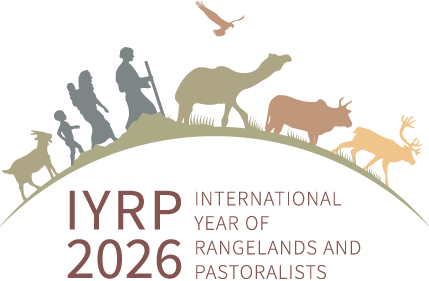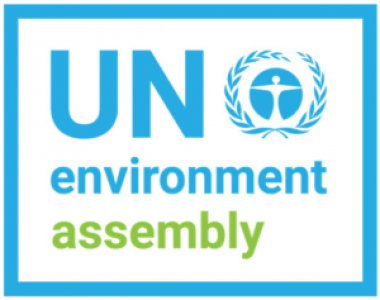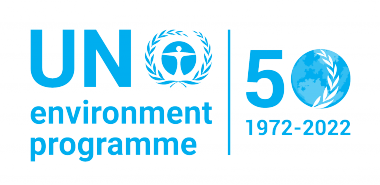The United Nations Environment Assembly (UNEA) is the world’s highest-level environmental decision-making body, with universal membership of all 193 Member States. The Assembly meets biennially to set priorities for global environmental policies and develop international environmental law.
UNEA recognised the importance of sustainable pastoralism and responsible consumption of livestock during its second session in 2016 (UNEA-2), when 158 countries passed Resolution 2-24 on “Combating desertification, land degradation and drought and promoting sustainable pastoralism and rangelands”. This called for raising global awareness and scientific research, starting with a gap analysis of existing data on rangelands and pastoralism.
The Assembly further demonstrated its commitment at UNEA-4 in 2019, where it requested the UN Environment Programme (UNEP) to support countries to undertake regional assessments to fill these knowledge gaps, and to promote innovative solutions to sustainably manage rangelands and to promote sensitive development interventions specific to resolving disputes and supporting traditional governance with particular attention to recognising the role of traditional institutions and community participation.
The resumed session of UNEA-5 will be held in February–March 2022, followed by a Special Session of UNEA devoted to commemorating the 50th anniversary of UNEP. The IYRP International Support Group, together with ILRI, Government of Kenya, FAO, UNEP, IUCN, UNCCD and WWF, has submitted a proposal for a side event on "Grasslands and Rangelands: Global Actions for Biodiversity, Climate and People".



